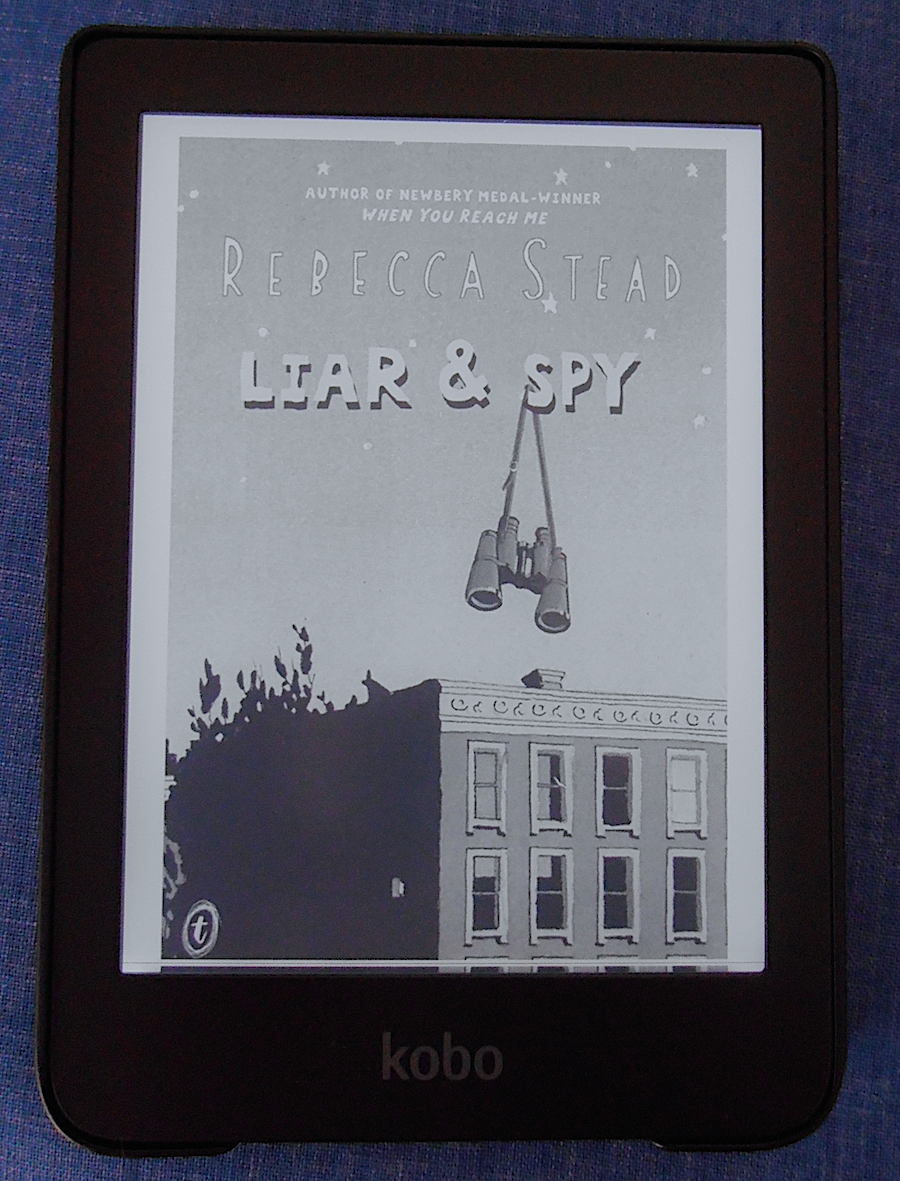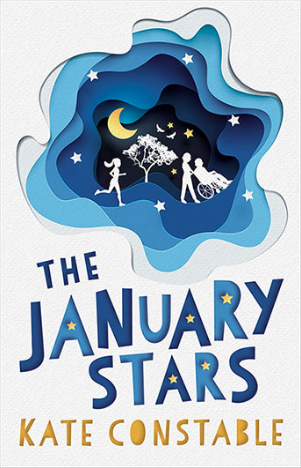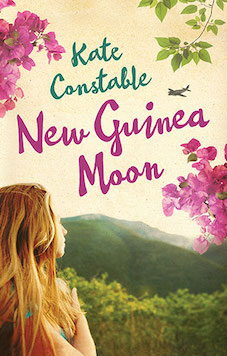I am not what is termed an ‘early adopter’ of new technology. I don’t own a smart phone or an iPad or a digital radio, I don’t subscribe to any streaming services, and my entire music collection consists of cassettes and CDs (played on my trusty 1990s Panasonic boombox). In fact, some people who know me have gone so far as to mention the word ‘Luddite’, but this is inaccurate. I’m not really a technophobe. I studied maths, physics and computer studies at high school, I have a science degree, and at Day Job, I’m the go-to person for solving tech problems, whether it’s modifying our database software or unjamming the photocopier.
Outside work, though, I only use new technology if it’s both affordable and essential. That’s why I’ve avoided ebooks for the last decade. I already had a cheap, efficient way to read books, so why would I pay a lot of money to buy some electronic reading device? Anyway, I spend all day looking at screens for work. I didn’t want to spend my leisure time staring at yet another screen.
However, with my library now closed for physical book borrowing for the foreseeable future and with limited access to bookshops, I finally decided to invest in an eReader. There are really only two options for Australians — a Kindle or a Kobo. I don’t much like Amazon and I wanted a device compatible with library ebooks, so that left me with a choice of three different models of Kobo eReaders. I chose Clara, the smallest (and cheapest). Clara has a six inch screen, fits comfortably in my little hand, weighs less than a paperback, but can store up to 6000 ebooks.

There are various options for screen brightness and colour, font type, font size and moving between pages and chapters, some of which work better than others for me. I like being able to increase the size of the print, although as the screen is fairly small, I need to swipe up and down to read a single page. I could have avoided this problem if I’d bought one of the bigger models, but they’d probably have been more awkward to hold. (In different times, I’d have visited a shop and tried out the various models before I bought anything. But if I could go to shops, I’d also be able to go to the library, so I wouldn’t need an eReader.) It takes about two hours to charge Clara fully and this apparently lasts several weeks, as long as you turn the power off whenever you finish reading. I discovered that if you use the Sleep Mode, it eats up energy very quickly. However, if you’ve turned off the power, you need to re-set the viewing options when you open up your book again, which is annoying.
Clara also provides ways to bookmark pages, highlight sections and check word definitions using the built-in multilingual dictionaries, but I haven’t tried out these features yet. I did find it a bit awkward to swipe back to previous pages to re-read an earlier section — that’s definitely easier to do in a paper book.

Clara displays nice, sharp images, including book covers, in shades of grey. Apparently you can read graphic novels and picture books with Clara, but I can’t imagine it would be a very enjoyable experience, compared to paper editions.
I bought a separate black leather cover with a magnetic clasp, which not only keeps Clara safe and clean, but can be flipped to make a convenient hands-free stand. This is a vast improvement on my usual propping-a-paperback-against-another-book-and-using-one-hand-to-stop-it-from-snapping-closed, which is how I tend to read books while eating lunch.

Clara also asked me about my favourite books and provided some amusingly unhelpful recommendations for future reading. Here’s what she thinks I should read next: all of Anne Tyler’s recent novels (which I’ve already read); The Complete Works of Plato (no thanks); The Communist Manifesto by Marx and Engels (ha ha! actually, I have read that, a long time ago); Leviathan by Thomas Hobbes (what?); and Meditations by Marcus Aurelius. I fear Clara has the wrong impression of me. I hate to disappoint her, but my next read is actually a library copy of Courtney Milan’s Proof by Seduction, a Regency romance whose cover features a lady in distinctly unRegency underwear swooning across a bed. I have downloaded a free copy of Machiavelli’s The Prince, though.
I was interested to see whether I’d read and comprehend ebooks differently to paper books. I think I might read ebooks quicker, with more skimming and less contemplation. But the two ebooks I’ve finished so far have been YA and middle-grade novels, so maybe I’d read them quickly anyway?
In conclusion, Clara and I are getting on very well, thus far. Please do let me know if you have any helpful e-reading tips.









 If you like the sound of The January Stars, you may want to try
If you like the sound of The January Stars, you may want to try  I also really enjoyed
I also really enjoyed  False Value opens with Peter Grant, wizard policeman, starting a new job in a company that does geeky stuff involving data and algorithms. Its owner, an Australian tech billionaire, appears to be involved in a secret project that has some link to the theft of a historical, possibly magical, artefact. Unfortunately, Aaronovitch decides to use a convoluted, back-and-forth timeline in the first part of the book to increase suspense, which is unnecessary and annoying. Even more annoyingly, the tech company is called the Serious Cybernetics Corporation and the book is filled with Hitchhiker’s Guide to the Galaxy references. I’m a Hitchhikers fan from way back but even I was totally over the jokes by the end of the first chapter — and they just kept coming. And this was just the start of the hard core sci-fi in-jokes, because ultimately, False Value is science fiction, or a mix of science fiction and fantasy. Which is fine! Ben Aaronovitch is a Doctor Who writer and this is clearly a genre he loves. The problem is that the Rivers of London series has a lot of fans who don’t often read speculative fiction but were initially drawn in by the humour, the London history, the well-researched police procedural bits and the diverse cast of interesting characters — and only some of these elements appear in False Value.
False Value opens with Peter Grant, wizard policeman, starting a new job in a company that does geeky stuff involving data and algorithms. Its owner, an Australian tech billionaire, appears to be involved in a secret project that has some link to the theft of a historical, possibly magical, artefact. Unfortunately, Aaronovitch decides to use a convoluted, back-and-forth timeline in the first part of the book to increase suspense, which is unnecessary and annoying. Even more annoyingly, the tech company is called the Serious Cybernetics Corporation and the book is filled with Hitchhiker’s Guide to the Galaxy references. I’m a Hitchhikers fan from way back but even I was totally over the jokes by the end of the first chapter — and they just kept coming. And this was just the start of the hard core sci-fi in-jokes, because ultimately, False Value is science fiction, or a mix of science fiction and fantasy. Which is fine! Ben Aaronovitch is a Doctor Who writer and this is clearly a genre he loves. The problem is that the Rivers of London series has a lot of fans who don’t often read speculative fiction but were initially drawn in by the humour, the London history, the well-researched police procedural bits and the diverse cast of interesting characters — and only some of these elements appear in False Value.  I read
I read  I also liked
I also liked  As a companion read, I picked up
As a companion read, I picked up  However, the best book I’ve read recently was
However, the best book I’ve read recently was